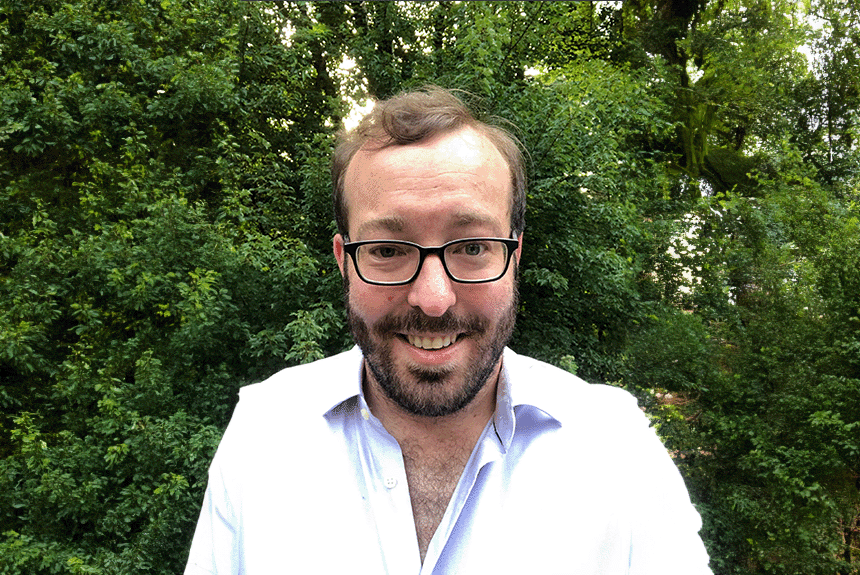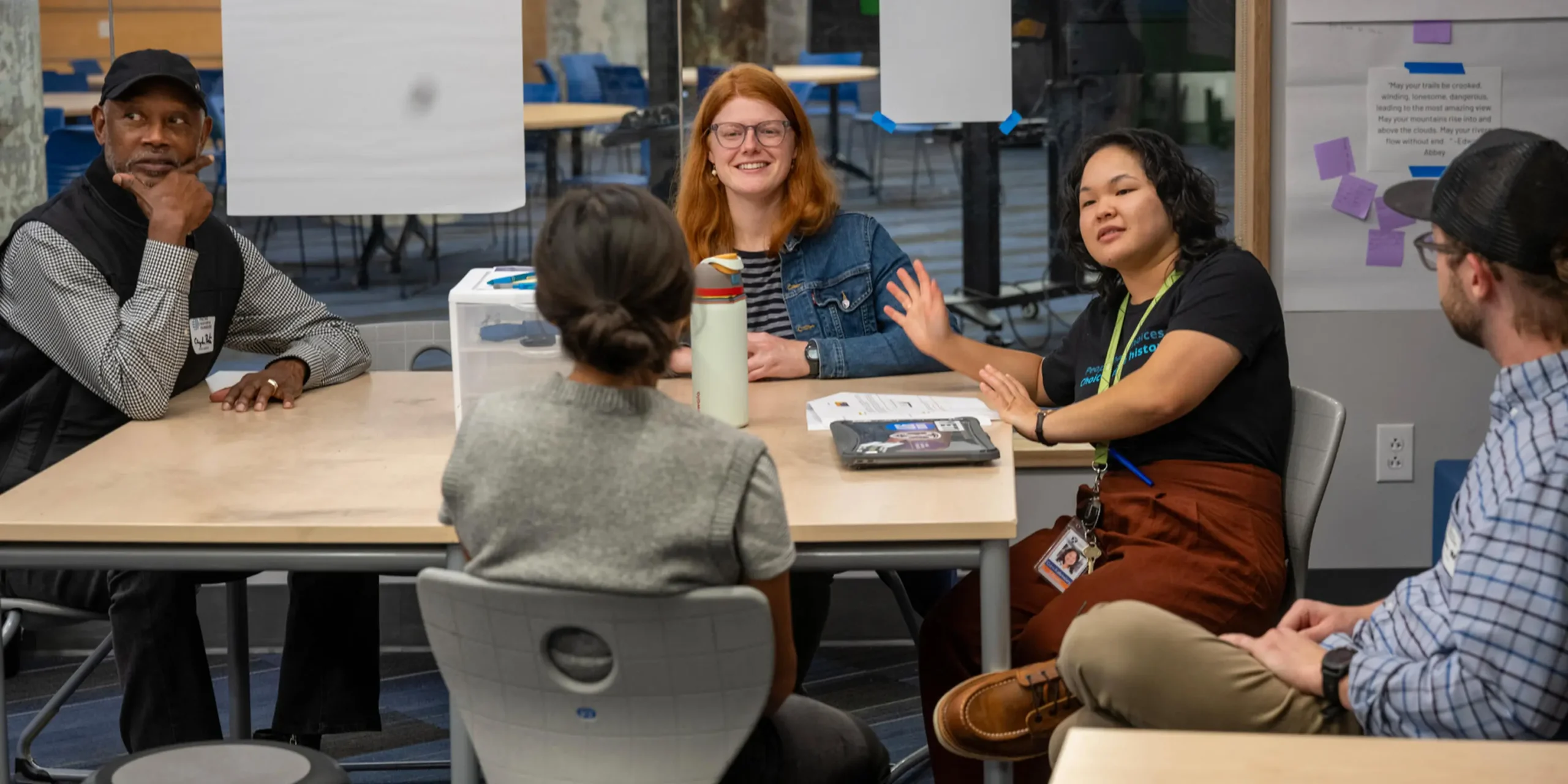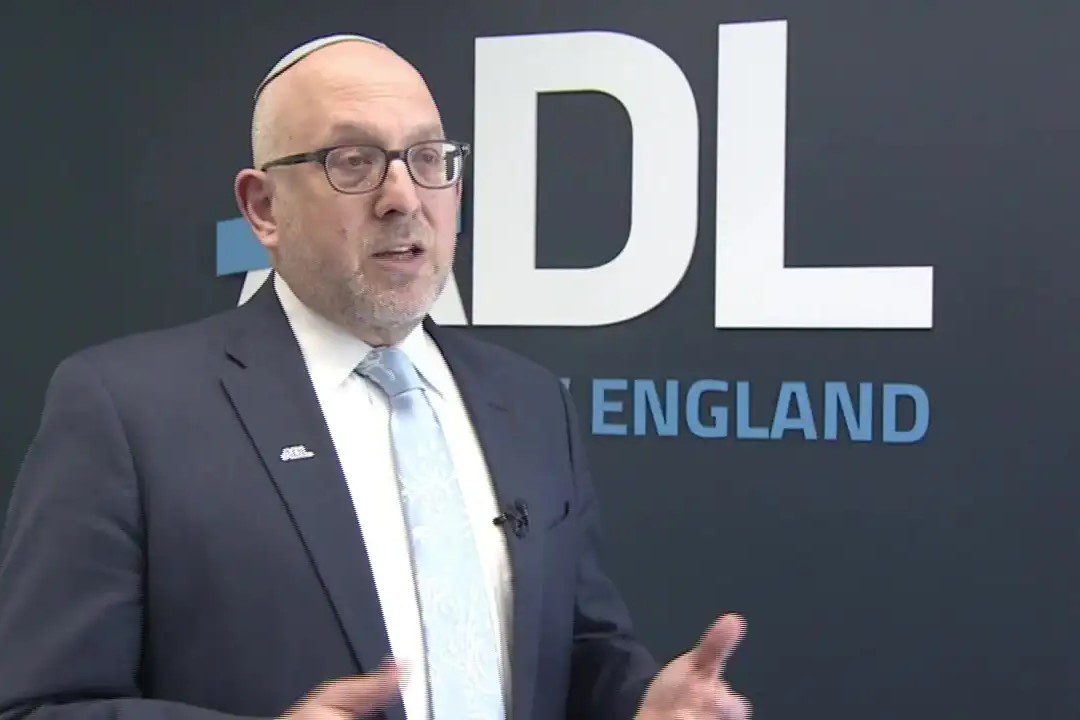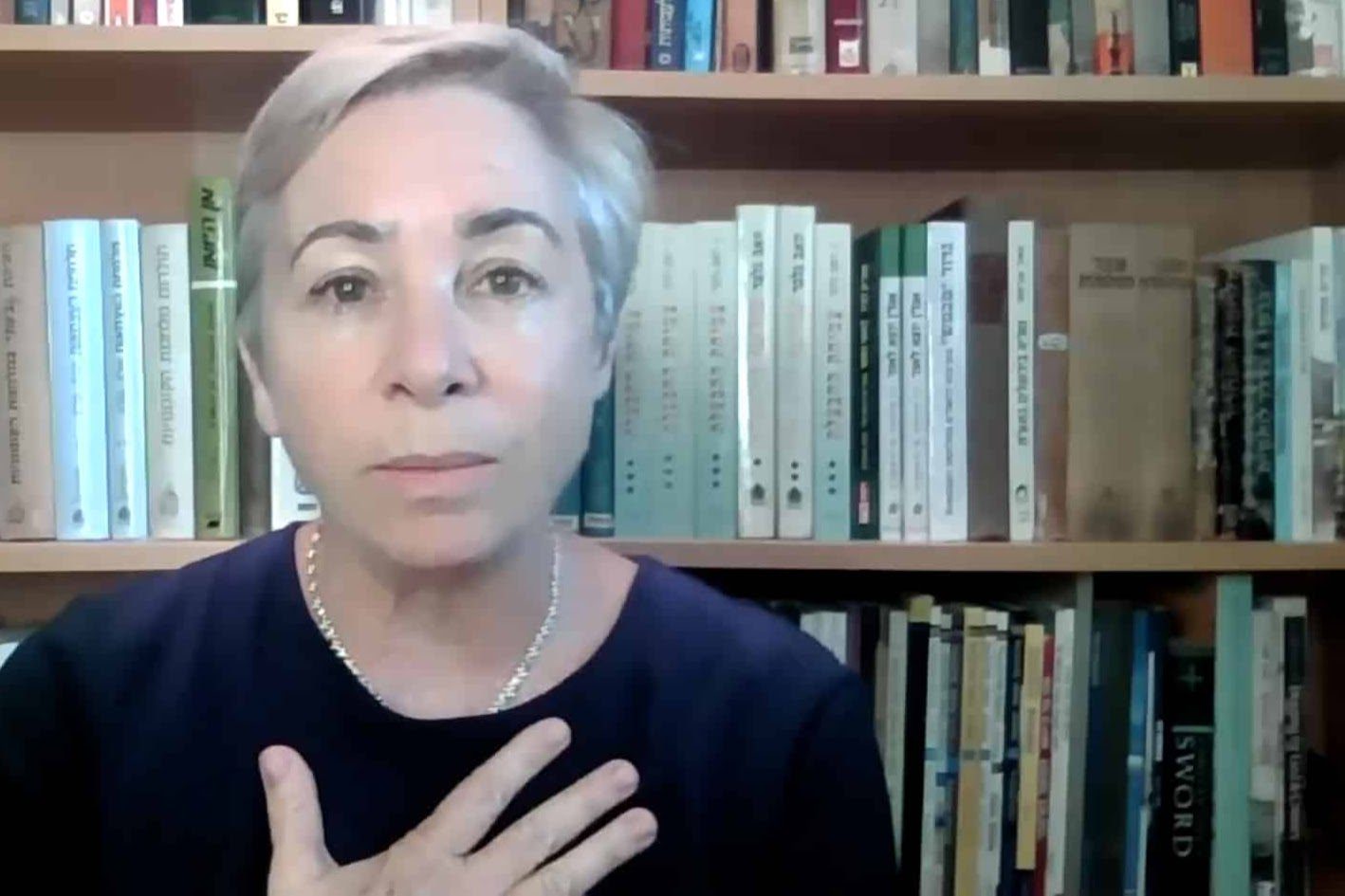By Dan Osborn
It would be an understatement to call this past school year emotionally challenging for Jewish students, families and educators. The traumatizing events of Oct. 7 and the continued conflict between Israel and Hamas in Gaza have directly impacted the lives of students throughout Greater Boston, many of whom have deep and personal connections to Israel, Gaza and the broader region. Throughout the school year, I heard from students and families that their anguish was not fully understood by teachers or administrators.
At their best, schools are places where all students can feel safe, seen, valued and understood by culturally sensitive educators. Yet, for too many, going to school this past year entailed feeling isolated, alienated and misunderstood. Despite these hardships, there continues to be hope that there are teachable moments that can improve and enhance students’ experiences in schools.
As we enter the 2024-2025 school year, Jewish Community Relations Council of Greater Boston’s (JCRC) Education Initiative, supported by CJP’s Center for Combating Antisemitism, brings hope into its intentional strategy for promoting safe and inclusive school cultures, where Jewish and all students can experience the joy of learning in an atmosphere that centers their diverse intellectual and emotional needs.
Central to ensuring schools promote a deep sense of belonging is establishing and maintaining constructive and trusting relationships with leaders in school districts. Without collaborative dialogue with superintendents, principals and many other administrators and educators, we are unable to effectively encourage schools to be responsive to students’ needs.
Recognizing this, JCRC is beginning this school year with a renewed commitment to serving as a trusted resource to educators and administrators throughout Greater Boston. As a consultant, we sit with K-12 professionals, helping them identify what curricula, pedagogies, policies and practices can address antisemitism and promote Jewish students’ sense of belonging. We recognize that schools are a central pillar of civil society and we are dedicated to partnering with schools to enhance their work, educating and empowering faculty and staff along the way.
This year, we are building on the momentum of the deep and constructive relationships that were developed last year in districts. In Brookline, Newton, Needham, Boston, Wellesley, Marblehead and beyond, we continue to promote a proactive agenda with district leaders, as well as social studies, equity and clinical service teams, all of whom help enhance students’ sense of belonging in complementary ways.
As a connector, we help bring the high-quality curriculum and professional development of organizations like Facing History and Ourselves and the Institute for Curriculum Services into schools. Ensuring schools have accurate, nuanced and compelling representations of Jewish people and history is vital to fortifying the roles schools play in our pluralistic society.
We are also invested in ensuring students, families and the broader community have opportunities to share their experiences, learn and be empowered through our K-12 initiative. Throughout the school year, JCRC will continue hosting webinars, listening circles and other opportunities to engage with the community. We are a leading resource for community members to support them in navigating antisemitism in their schools. Virtually and in person, JCRC will lead conversations about K-12 education so the community can learn about the patterns and trends in public education today and their relevance to concerns over antisemitism and inclusivity.
As we begin this school year, we recognize the diverse needs of all students, particularly in a school year that marks the one-year anniversary of Oct. 7 and also features a divisive presidential election. Even under these circumstances, JCRC believes it’s possible to heal and move forward with a vision for partnership, collaboration and leadership in K-12 education.

Dan Osborn, Ed.D., brings an unwavering commitment to improving and expanding the representations of Judaism and Jewish people, history, culture and identity in K-12 education. He believes all students need access to accurate and nuanced learning experiences about the vibrancy, vitality, diversity and dynamic nature of Jewish life around the world. This passion was deepened as a graduate student in the Department of Near East and Judaic Studies at Brandeis University, and he carried this knowledge of Jewish history into his career as a history educator, academic researcher and writer, and nonprofit professional. At Facing History and Ourselves, Dan was dedicated to Holocaust education and deepening teachers’ understanding of antisemitism, past and present. Osborn was a fellow at Holocaust Educational Foundation at Northwestern University and went on to author Shoah-related teaching resources for middle and high school teachers. Most recently, Osborn was a fellow in Hebrew College’s Boston Bridges program, reinforcing his affinity for interfaith and intercultural dialogue. Underpinning all his work in education has been a recognition that schools have the potential to promote compassion and justice when curriculum exposes students to the full humanity of Jewish people.





